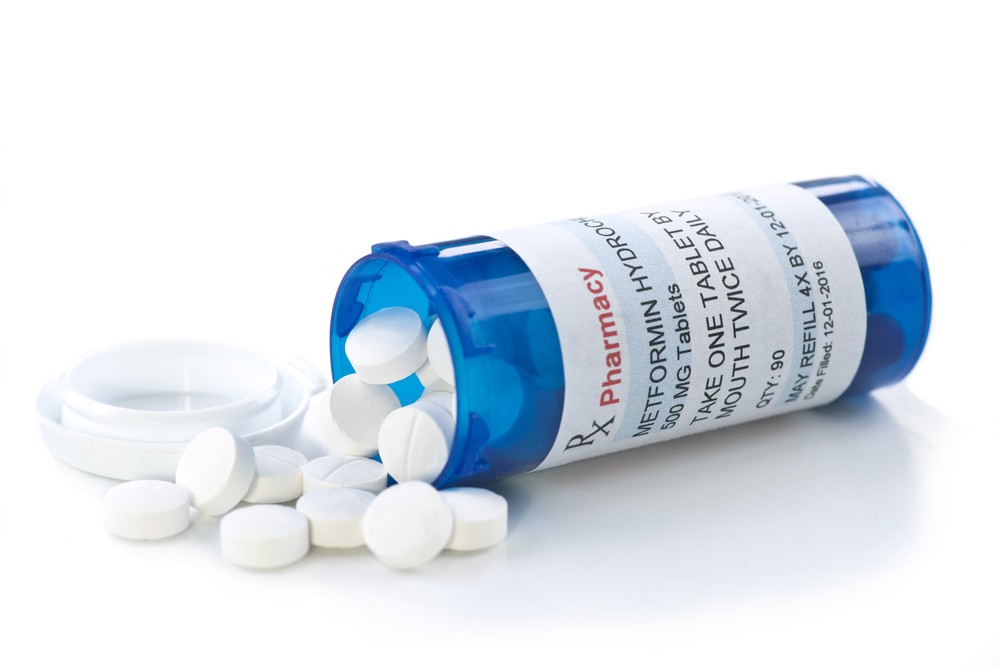Early in the course of the COVID-19 pandemic in the United States, diabetes emerged as a major risk factor for more severe outcomes of the disease, with the likelihood of dying tripled for people with type 1 and doubled for type 2 variants, compared to individuals without diabetes. This is consistent with epidemiological data showing that infections of any kind often do more damage in people with diabetes whose blood glucose levels are not well controlled. That’s because, over time, hyperglycemia weakens the body’s immune response and impairs circulation. Studies have suggested that taking metformin, a medication that lowers glucose levels in the blood, is associated with reduced COVID-19 severity in people with diabetes, compared to other antihyperglycemic drugs.

An international team led by Justin Reese, a research scientist in the Environmental Genomics and Systems Biology (EGSB) Division, set out to assess whether metformin is also associated with reduced COVID-19 severity in people with prediabetes or polycystic ovary syndrome (PCOS), two common conditions that increase the risk of severe COVID-19 presentation. The observational, retrospective study analyzed electronic health record (EHR) data aggregated in the National COVID Cohort Collaborative (N3C) Data Enclave, the largest collection of secure and deidentified patient data in the United States for COVID-19 research. The work was done in close collaboration with colleagues at Oregon State University, the University of Minnesota, Jackson Laboratory, the University of Milan, Italy, and other institutions through the N3C.
Among patients with prediabetes or PCOS, the team found an association between metformin use during COVID-19 presentation and decreased incidence of severe COVID-19, defined as cases serious enough to warrant at least one visit to a hospital emergency department or worse severity. The study was published in the journal Diabetes Research and Clinical Practice.
About one-third of U.S. adults (18+) have prediabetes and up to 70% of those will eventually develop type 2 diabetes. PCOS, an endocrine disorder in which the reproductive hormones are out of balance, affects 6–12% of women of reproductive age in the U.S. More than half of those will develop type 2 diabetes by age 40. There is also substantial overlap of the two conditions, both of which involve cells of the body becoming insensitive to insulin, and metformin is widely prescribed off-label to treat them.
“Our work provides information that may guide clinicians when making choices about drugs to prescribe to people with prediabetes or PCOS who are at risk for severe COVID-19. It also may offer clues about the mechanism by which SARS-CoV-2 causes severe COVID-19, especially in patients with these conditions,” said Reese. However, he cautioned that future investigations using prospective trials—and potentially randomized controlled trials—are needed to further elucidate the relationship between metformin and COVID-19 outcome.

The N3C initiative is stewarded by the National Center for Advancing Translational Sciences (NCATS) at the National Institutes of Health (NIH). The Data Enclave harmonizes EHR data from more than 13 million patients in the United States from a total of 74 institutions.




